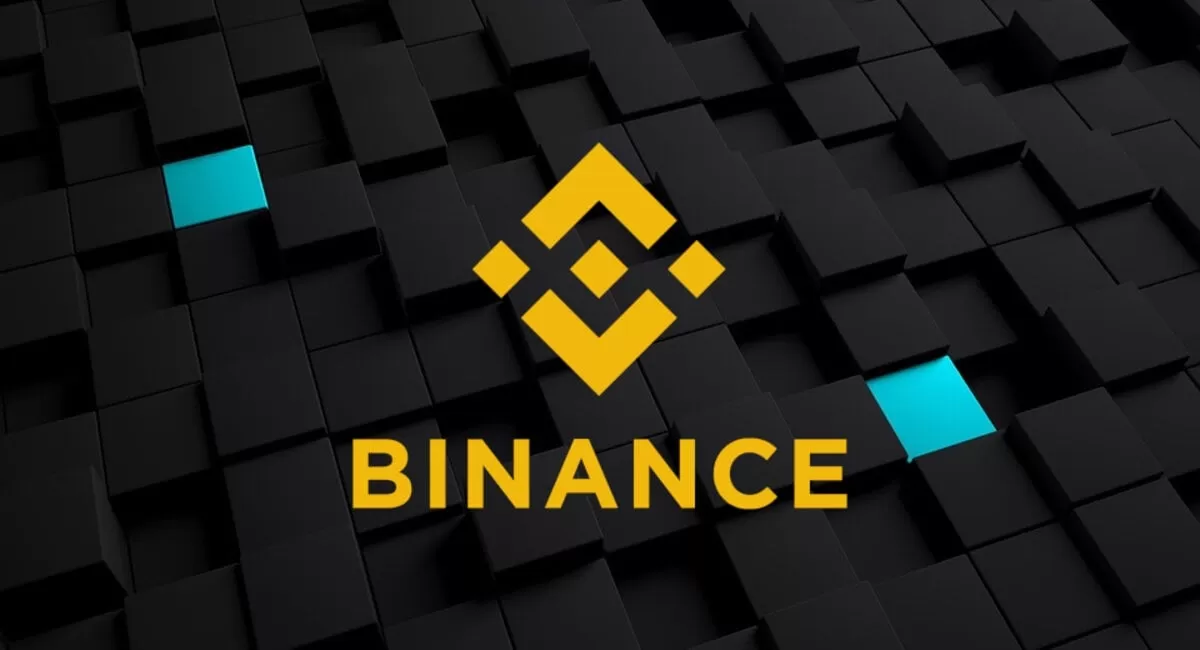Binance has reportedly tightened its token listing process in an effort to increase investor protection. The move comes as regulators around the world continue to scrutinize the operations of cryptocurrency exchanges.
According to anonymous sources, crypto projects that want to list their tokens on Binance must now comply with stricter rules. These include agreeing to a longer “cliff period” during which no coins can be sold, allocating more coins to market makers, and placing a security deposit. These changes have been in effect since late last year.
The new requirements communicated verbally to participants in token listings vary between agreements. Despite stricter rules, Binance's share of spot crypto trading has begun to recover after almost a year of decline. The exchange has also recently increased its lead in listings among major exchanges.
However, some executives involved in the listings on Binance have expressed concerns that the new requirements could undermine their profitability and make listing new tokens overly burdensome. An administrator reportedly forwarded his complaints to Binance management.
Cryptocurrency exchanges have long faced criticism for their lax oversight of listings, with crypto projects or market makers selling large amounts of tokens shortly after they begin trading, often causing losses to small investors.
Bader Al Kalooti, Binance's head of Middle East, Africa, South Asia and Turkey, acknowledged in an interview in February that “token listings are a double-edged sword.” He emphasized that having more tokens could drive user growth, but the platform now prioritizes user safety and security, not growth.
During the cliff period requested by Binance, a certain portion of the total coin supply is locked in a “smart contract,” a type of software that manages crypto transactions. Once the abyss period ends, the smart contract gradually releases the tokens according to a vesting schedule. Market makers are allocated tokens to support trading, but there are also restrictions on withdrawals.
Binance now requires projects to accept cliff periods of at least one year, previously a maximum of six months. In some cases, the exchange also requires a larger share of tradable tokens to be reserved for market makers to ensure adequate liquidity.
In response to Bloomberg's questions, Binance stated that it does not impose lock-up periods for projects listed on its exchange and that each project can decide on its token vesting program independently. The company also confirmed that it has “monthly limits for certain withdrawals” without providing further details.
Binance also confirmed that some projects are required to make a security deposit before listing their tokens. These deposits, often worth several million dollars, may be held by Binance if it determines that a coin company does not meet listing requirements.
The exchange said that this deposit is a precautionary measure aimed at handling extreme situations and primarily protecting the interests of investors. Instead of creating a new set of official listing requirements that apply to all deals, Binance passed on stricter conditions to projects that approached it to list the tokens.
*This is not investment advice.










